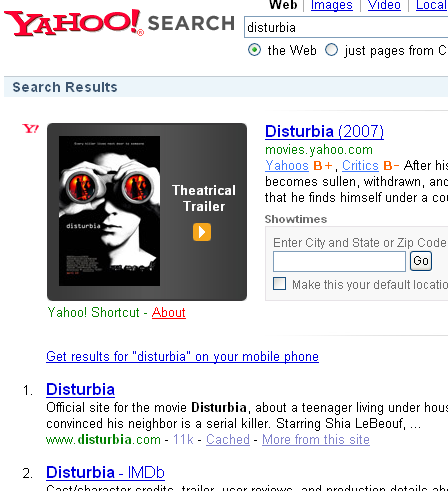Who Still Uses a Desktop E-mail Client???
Wednesday, April 25th, 2007Not me. And I’m guessing not a lot of others…
I haven’t personally used one for probably over 8 years. Web-based e-mail has been the application of choice for me. The advantages seem to outweigh the disadvantages in almost every category. So why do people still use desktop e-mail? My guess is that it’s either a security concern, a work mandate or the luxury of a more robust feature set.
I don’t even ask the question any more. I assume all Internet users use a web-based client like GMail, Hotmail, or Yahoo! Mail. I laugh when someone has to rush home to check an e-mail. Apparently, some people still even uses disks! USB drives aside, I think most people have discovered the miracle of e-mailing stuff to yourself. Very schizophrenic, but highly effective and efficient.
So yet again I ask, why the desktop client?
Now I do understand that some clients integrate with online systems, which is an acceptable explanation.
I think that some people are paranoid of the idea that Google, Yahoo, or Microsoft stores their personal e-mails and information. Furthermore, back-up and protection of this information is not guaranteed. My thought would be to simply chill out, relax, and back-up the important files and information from time to time.
To those employees who are still obligated to use a desktop client, so be it. It’s only at work - unless work ties into your personal life. In that case, you have have larger issues to deal with than the choice of a desktop or web-based client. But in most cases, you can still make use of a web-based client in your own personal time.
Finally, those who choose a desktop client because of robust functionality, watch out… Everything is shifting to the web and soon you will be able to do the same, if not more, from a web-based client than you can from your current desktop app. The future is near (man, you gotta love to hate these cliches).
I think that desktop clients are on their way out and the new world of web-based apps is upon us. Google, Microsoft, and Zoho are all working on web-based office suites, which further solidifies the viability of this notion. This isn’t just a trend - it’s a taste of what’s to come.
